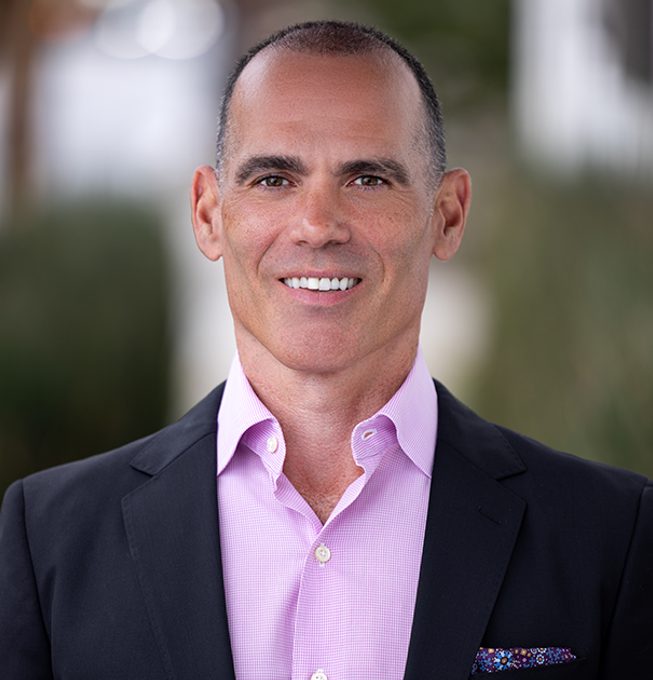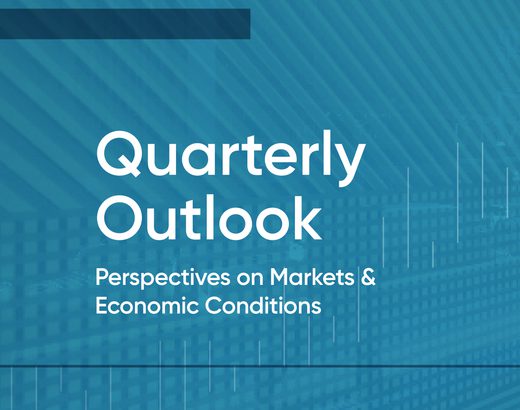Atlanta
Proudly Serving Atlanta
Atlanta
1370 Center Drive
Suite 202
Atlanta, GA 30338


Our Buckingham Atlanta team focuses on you, your life, and how we can help you achieve what matters most to you. We believe your strategic vision can be achieved when there is a commitment to a customized and disciplined long-term plan. As fiduciaries and fee-only advisors, we receive no commissions, referral fees or expense reimbursements from our recommendations.
Our team collaborates with Buckingham’s national network of financial planning and investment specialists to implement strategies that solve for even the most complex financial needs. We also coordinate with other key professionals, such as attorneys and CPAs, to provide integrated planning efforts to ensure we’ve covered all the aspects of our client’s financial lives.
-
Your Atlanta Team
-

Jeffrey Cohen
CPA, PFS
Wealth Advisor
-

James Underwood
CFP®, CPA
Wealth Advisor
-

Alfredo Mesa
CFP®
Wealth Advisor
-

Alexis Cody
CFP®, CDFA®
Wealth Advisor
-

Dylan Greer
CFP®
Wealth Advisor
-

Scott Schaefer
CFP®
Associate Wealth Advisor
-

Melissa Keiss
Associate Wealth Advisor
-

Diane Yost
Client Relationship Specialist
Dig even deeper.
What’s it like to become a Buckingham client? Download our "Experience Is Everything" brochure to learn more.

Enjoy some of our latest resources
-

April 10, 2024
Quarterly Outlook: Economic Momentum Continues
At the start of Q2 2024, the American economy remains resilient with surprisingly solid growth. Our Quarterly Outlook explores what may lie ahead for markets and the economy.
Read the article -

April 08, 2024
Caring for Aging Parents: The Essential Planning Guide
In an era marked by unprecedented longevity and shifting family dynamics, caring for aging parents is a challenge that many Americans are facing.
Read the article -

March 25, 2024
Protecting Your Portfolio in a Presidential Election Year
While elections have the potential to reshape policies and legislation, it’s difficult to predict which sectors or industries could benefit. Here’s what to keep in mind this election season.
Read the article
